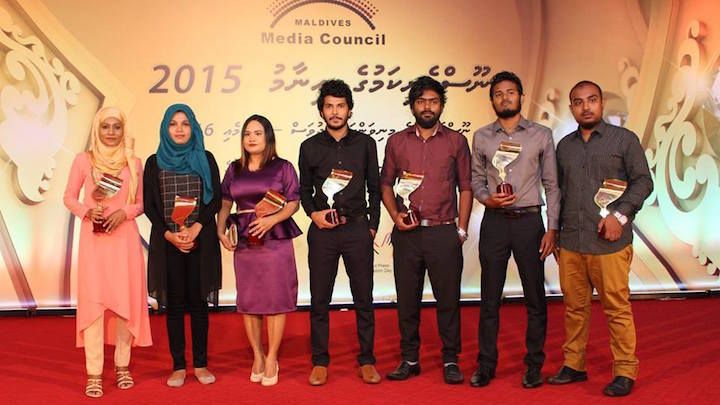State broadcaster refused to telecast press freedom day ceremony
The state broadcaster refused to show a live telecast of last week’s press freedom day official ceremony despite assurances to the Maldives Media Council.

07 May 2016, 09:00
The state broadcaster refused to show a live telecast of an official ceremony organised by the Maldives Media Council to mark International Press Freedom Day on May 3.
MMC Secretary General Mohamed Farshath told local media last week that the council had written to the Public Service Media corporation – the event’s official media partner – requesting a live broadcast as in previous years.
“PSM had assigned a focal point for the event, who communicated to us unofficially that the event would be aired live,” he said. The MMC expected a live telecast based on the assurances, he added.
However, PSM has denied planning a live broadcast of the ceremony.
Become a member
Get full access to our archive and personalise your experience.
Already a member?
Discussion
No comments yet. Be the first to share your thoughts!
No comments yet. Be the first to join the conversation!
Join the Conversation
Sign in to share your thoughts under an alias and take part in the discussion. Independent journalism thrives on open, respectful debate — your voice matters.




